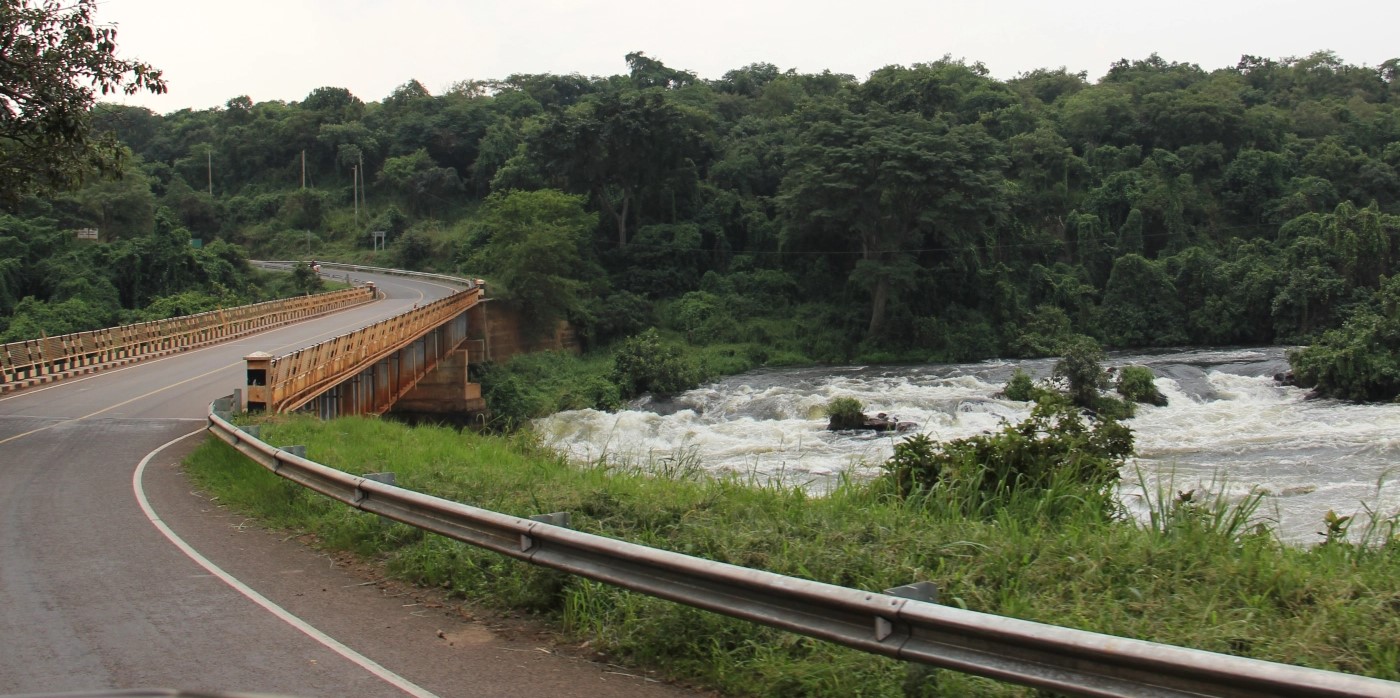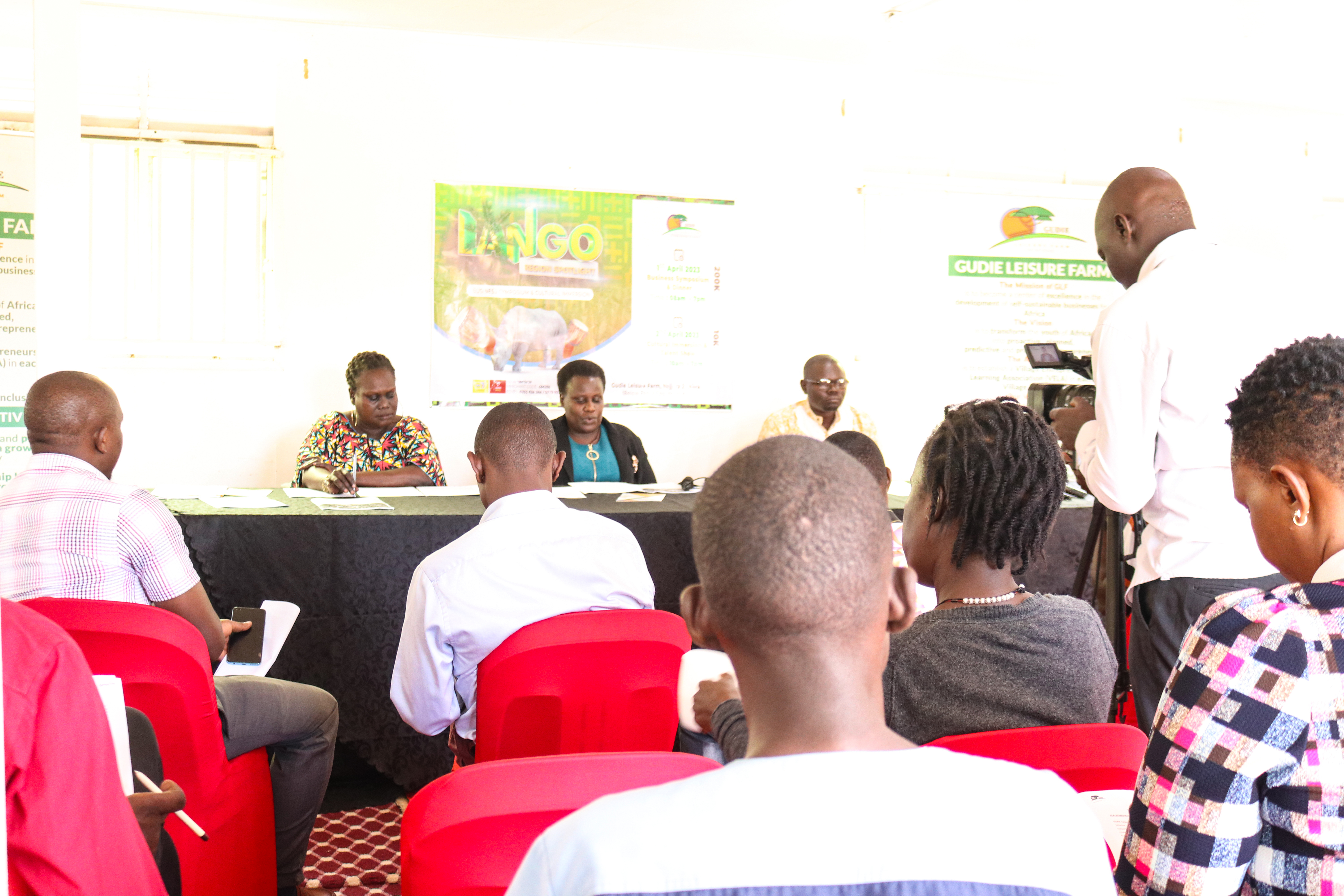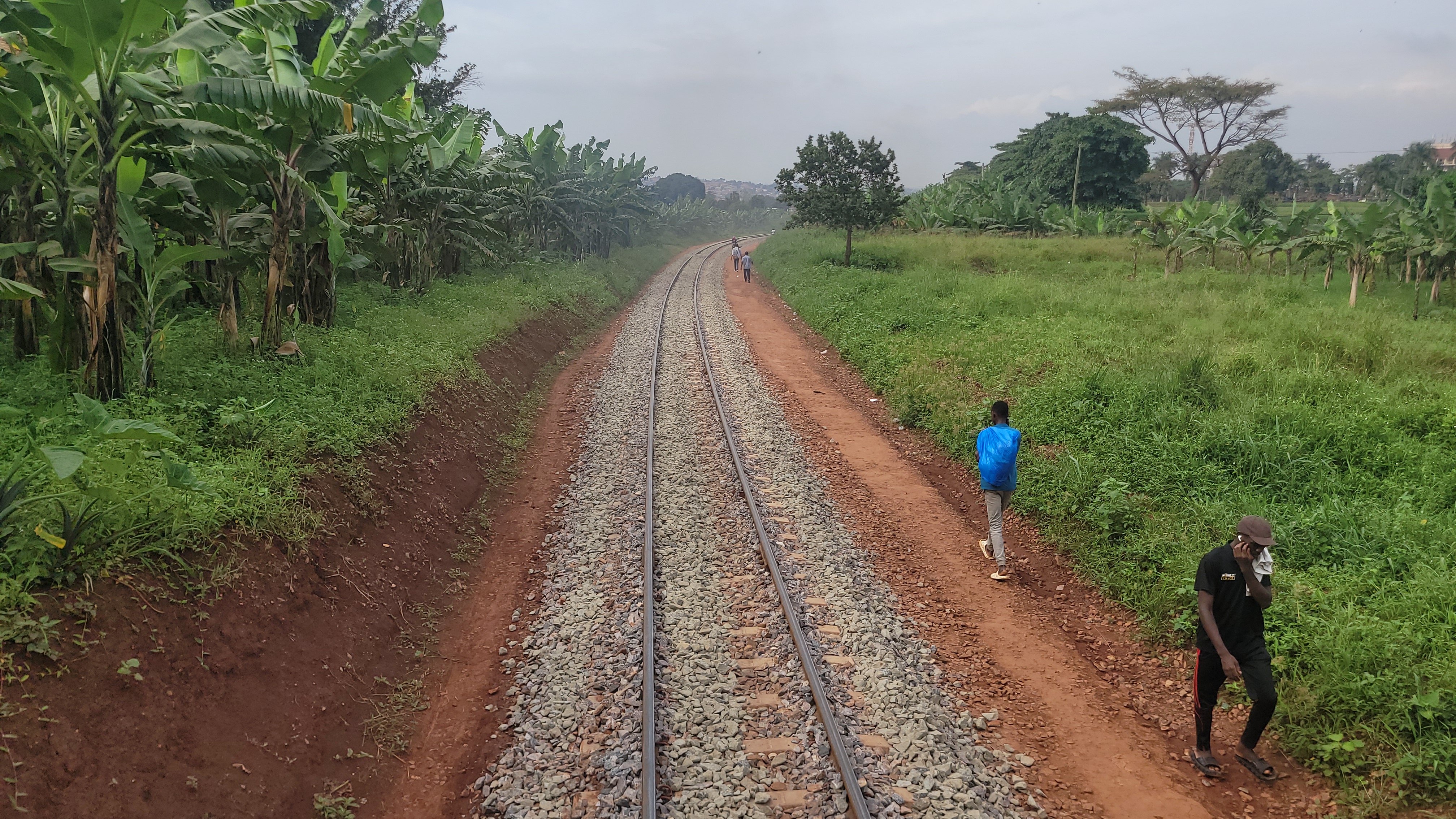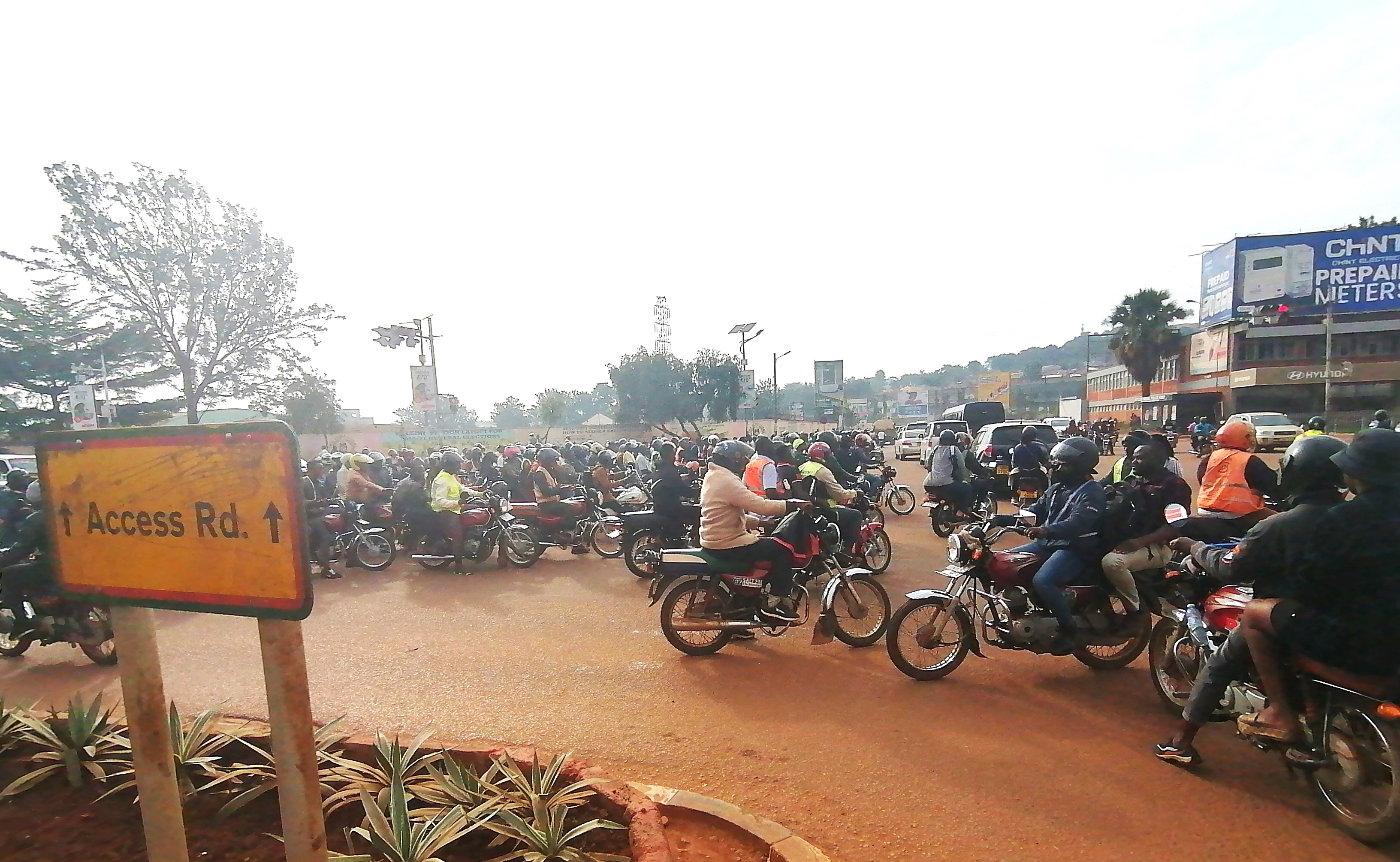Local Firm to Spearhead Karuma Bridge Study

A section of the Karuma Dam Bridge. COURTESY PHOTO
The Government has enlisted a local engineering firm to spearhead a comprehensive inspection study of the structural integrity and longevity of the Karuma Dam bridge.
The firm, MBM Consulting, formed in 1999 following the merger of Mutenga Batumbya Consulting Engineers of Uganda with Wardrop Engineering Inc. of Canada, is expected to gather crucial technical data and measurements to inform future decisions regarding the bridge's upkeep and potential reconstruction.
The Karuma Dam Bridge serves as a critical artery linking various regions and supporting economic activities to the entire northern region. Built in 1963, the bridge has become increasingly hazardous due to its narrow design and lack of modern safety features.
- The current Karuma Bridge, often referred to as the old bridge, is structurally outdated, limited in capacity, and has a history of fatal accidents though it is close to the new 600MW Karuma Power Dam.
The study is expected to propose a new design for the bridge, which includes features such as suspended cable architecture and dedicated lanes for bicycles and motorcycles, catering to the diverse needs of commuters and enhancing overall accessibility, according to Ssempebwa.
The award of such a high-profile contract to a local player comes at the time when local engineers under their umbrella Uganda National Association of Building and Civil Engineering Contractors (UNABCEC), have been calling on the government to scale up their participation in big infrastructure projects.
- According to the engineers, this would help the government to lower the cost of infrastructure development in the future, since the needed engineering skills and experience would be locally bred and available.
Moses Tiberonda, a UNABCEC board member, said the Government is spending heavily on infrastructure development because although human resources with the needed experience are somewhat available, the opportunity is generally passed to foreign players.
“When there is a big project and we employ local human resources, the skills gained would be an added advantage to the country, because a skilled local engineer is cheaper than an expatriate,” he said.
He said although local engineers have severally been accused of shoddy works, lack of qualified key personnel and inadequate technical capacity and experience, this can only change after they have worked on big projects.
“Because of this, more than 90% of contract resources in the construction sector are being shared among foreign firms, while local contractors, in charge of most small contracts, share the remaining 10%,” he said.
- To build their capacity, however, the government had reserved at least 30% of the value of contracts above UGX45 billion to local contractors, under the new public procurement guidelines.
- The government also reserved procurement of supplies whose cost is sh1b and bellow and other public works below UGX10 billion strictly to local companies to protect them from unfair competition and progressively build their capacity. According to finance minister, Matia Kasaija, this would build up local professionals and increase access to business growth opportunities, stability and diversity of markets, as well as productivity and technology.
According to Kasaija, the government spends approximately UGX4 trillion each year on infrastructure projects, most of which are awarded to foreign firms, because the local ones lack financial and technical capabilities. “Most of the money we pay these firms is repatriated back to their countries and there is nothing we can do about it. If only half of it can remain here, there would be a very big effect on the economy,” he said.
He said the economy is losing a lot by the government paying most of the money and giving jobs to foreign firms, whose primary interest is not necessarily the performance of Uganda’s economy. According to the works and transport minister, Edward Katumba Wamala, although the government passed the local content reservation law, the response from local contractors is still not enough.
He said that for instance, local participation in road construction in the oil region is still not enough, despite the 30% reservation made for them. “30% of all this money is too much, and can change our local economy, but our brothers don’t seem to be interested,” he said.































